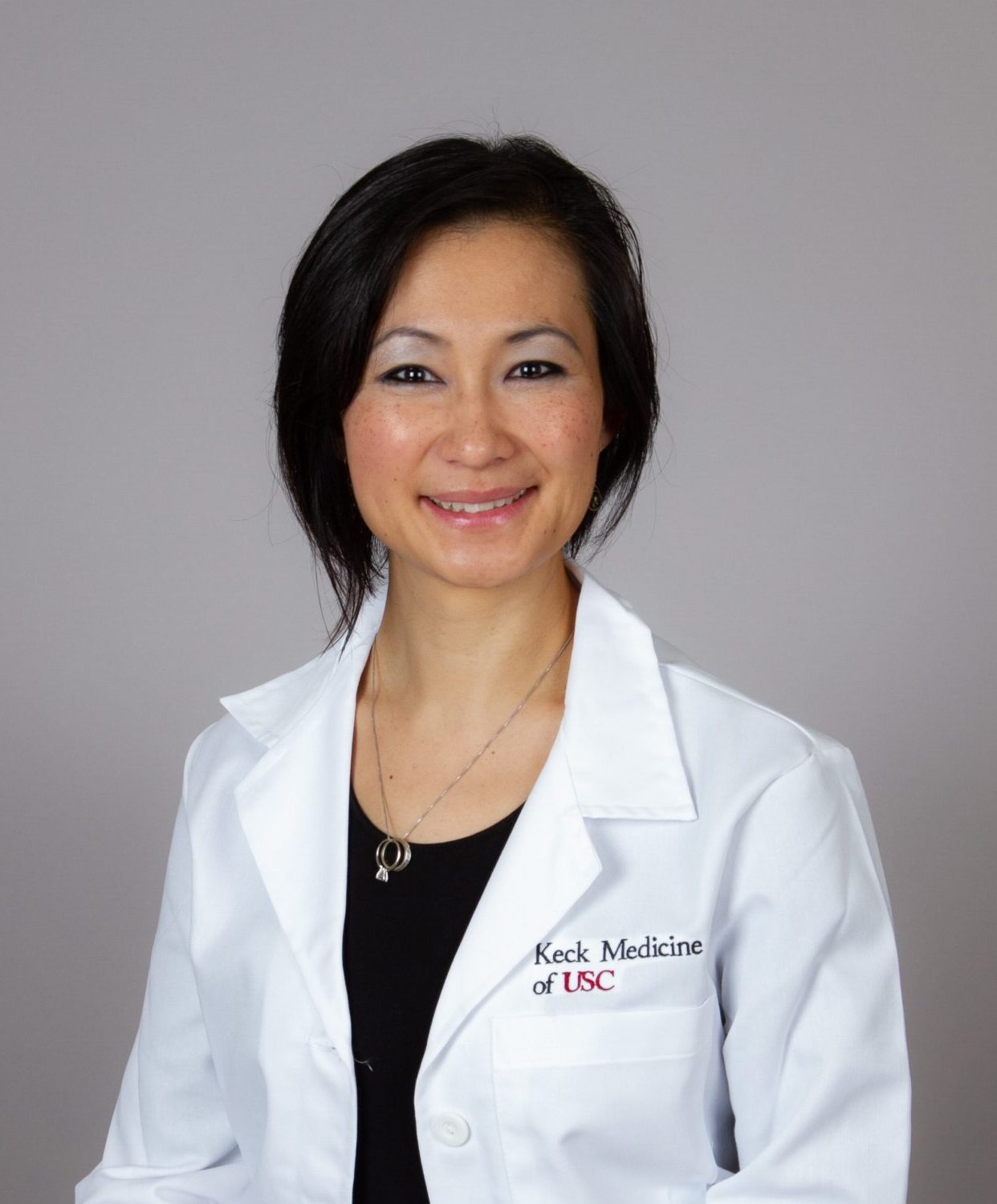Kimberly Gokoffski
Associate Professor of Clinical Ophthalmology and Associate Director for Research.
Dr. Kimberly Gokoffski MD PhD completed her medical training at the University of California, Irvine in the NIH sponsored Medical Scientist Training Program (MSTP). Her PhD thesis was performed under the tutelage of Professor Anne Calof PhD where she uncovered some of the feedback mechanisms that control stem cell decisions of fate. She then performed post-doctoral research with Dr. David Sretevan MD PhD at University of California, San Francisco studying axonal biology. Dr. Gokoffski completed her residency training in ophthalmology at the University of California, Davis followed by a fellowship in Adult and Pediatric Neuro-Ophthalmology and Strabismus at the University of Southern California. She has since joined the faculty as an Assistant Professor.
Dr. Gokoffski’s research interests are focused on the clinical need for optic nerve regeneration. Optic neuropathies are diseases in which the optic nerve – the cable that transmits information from the eye to the brain – is damaged. Advanced optic neuropathies, like glaucoma, optic neuritis, or strokes of the optic nerve, result in irreversible vision loss because the cells that make up the optic nerve are not capable of self-renewal. Restoration of vision in patients with optic neuropathies requires therapies that can regenerate the optic nerve. Dr. Gokoffski’s research addresses one of the major rate-limiting steps to optic nerve regeneration–directing long distance axon growth. Her research is currently focused on: 1.) elucidating the molecular signals that guide axon growth and 2.) developing applied electrical fields into a breakthrough technology to direct axon growth.
As a neuro-ophthalmologist, Dr. Gokoffski also leads a robust clinical and surgical practice diagnosing and treating conditions that affect the connection between the eye and the brain. She specializes in diseases such as optic neuritis, ischemic optic neuropathy, pseudotumor cerebri, and other diseases that damage the efferent or afferent visual pathways. Additionally, she treats patients with thyroid eye disease, myasthenia gravis, and strabismus. Her surgical practice includes performing strabismus surgery and optic nerve sheath fenestrations.

